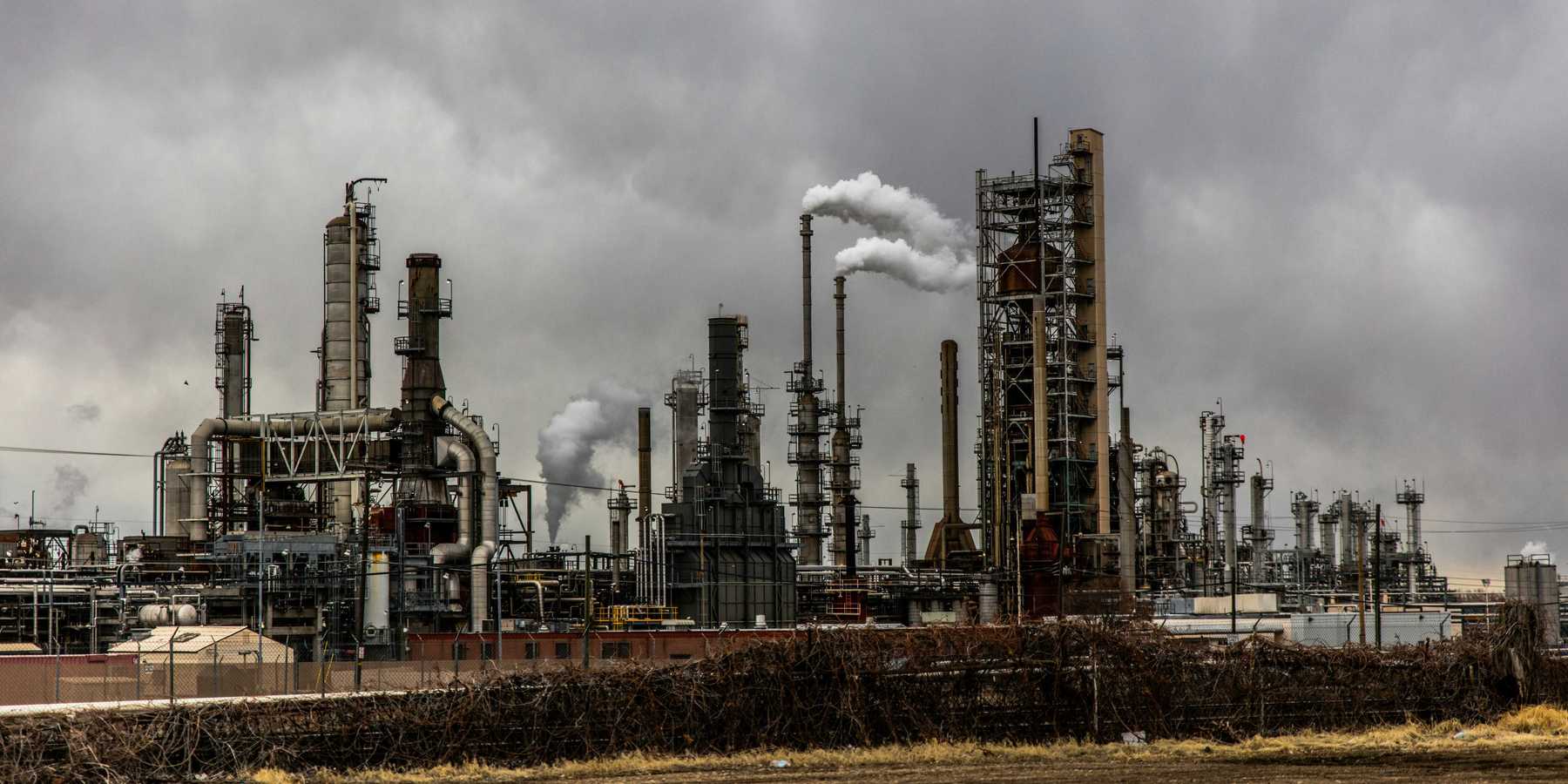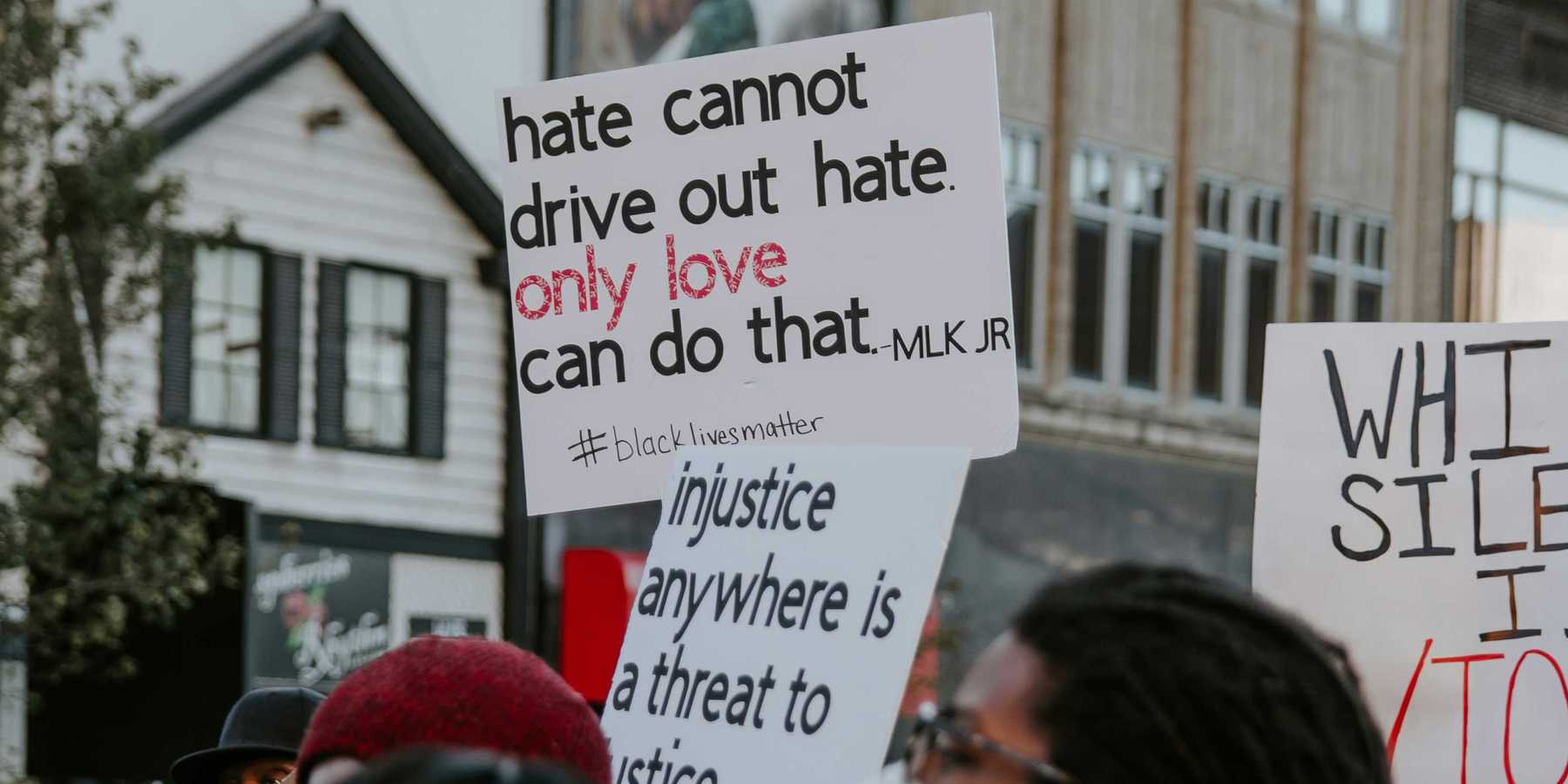04 October 2024
Vance deflects on climate change policy in debate
During the vice-presidential debate, Sen. JD Vance suggested the U.S. should focus on re-shoring energy production and manufacturing instead of aggressively pursuing clean energy technologies.
Philip Bump reports for The Washington Post.
In short:
- Vance claimed that the U.S. should be producing more energy domestically rather than investing in solar panels made in China.
- He argued that increased American manufacturing would result in cleaner energy production than what currently happens overseas.
- Critics point out that Republican opposition a decade ago hindered U.S. leadership in clean energy manufacturing.
Key quote:
“We’re the cleanest economy in the entire world.”
— Sen. JD Vance, R-Ohio
Why this matters:
While re-shoring production sounds beneficial, relying on past GOP opposition to clean energy investments has hampered U.S. efforts to lead in this sector. Climate change continues to demand more immediate, systemic action.
Related coverage:













